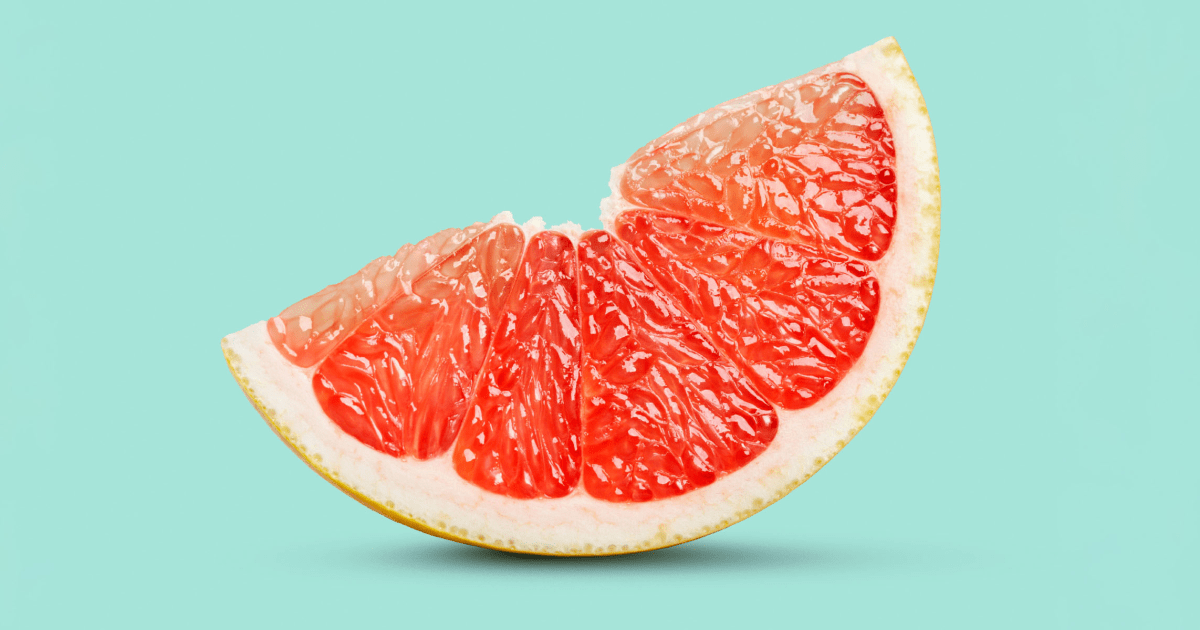Fruit is juicy perfection on a hot summer day. Reach for a water-rich option and it can also help you stay hydrated during a heat wave.
That’s important for health since getting enough water allows the body to keep a normal temperature, lubricate joints, and get rid of waste through urine and perspiration, according to the Centers for Disease Control and Prevention.
Proper hydration has also been linked to good cognitive function, optimal energy levels and weight control, Brenda Davy, a professor in the department of human nutrition, foods and exercise at Virginia Tech, previously told TODAY.com.
Food typically provides 20% of the water a person needs, according to the Academy of Nutrition and Dietetics.
“Eating a juicy fruit like watermelon is a great way to stay hydrated, especially when it’s warm out,” says registered dietitian Natalie Rizzo, nutrition editor for TODAY.
Hydrating fruits are also a good option for kids, she adds.
“Especially because they tend not to drink water unless they are told to do so. But kids absolutely love fruit — and probably eat more of it than adults — so it’s a great way to add water and fiber to their diet,” Rizzo notes.
Frozen fruits can be a fun option — they’re just as nutritious as the fresh version, and work well for smoothies or if someone just likes to eat really cold fruit, she says.
Keep in mind water-rich fruits are not a substitute for drinking water, so you still need to sip H2O or other healthy drinks throughout the day to stay hydrated, Rizzo advises.
Here are fruits that contain the most water:
Watermelon
- 1 wedge of watermelon, 9 ounces of water
Living up to its name, watermelon is made up of 92% water. It’s among the top hydrating foods and makes the list of fruits with the most electrolytes.
“Watermelon is my top choice for a hydrating fruit,” Rizzo says. “It tastes so good — especially in the summer. It’s also really rich in lycopene, and it is a crowd pleaser.”
Lycopene, a natural pigment that gives watermelon its red color, is a “potent antioxidant with multiple health benefits,” studies have found.
Coconut
- 1 green coconut, 8 ounces or more of water
Coconut water is the clear liquid found inside young, green coconuts. It’s rich in carbohydrates and electrolytes, according to the National Library of Medicine.
Some people consider it a natural sports drink.
“Coconut water is a great source of potassium, and it’s naturally sweet,” Rizzo says. “It’s perfectly fine to drink in moderation if you enjoy it.”
At about 40 calories per cup, it’s not a direct replacement for zero calorie water, though, she adds.
Remember: Coconut water is different than coconut milk, which is made from a mixture of the grated meat of a mature coconut, the National Library of Medicine notes.
Strawberries
- 1 cup of strawberries, 5 ounces of water
Dietitians consider strawberries among the healthiest summer fruits.
Juicy and sweet yet low in calories, they’re packed with fiber, antioxidants and beneficial plant compounds.
Strawberries are also among fruits with more vitamin C than an orange.
Cantaloupe
- 1 cup of cantaloupe, 5 ounces of water
Another type of melon, cantaloupe is delicious eaten fresh, added to salads and salsa or paired with prosciutto.
It contains lutein and zeaxanthin, nutrients that support healthy vision.
Cantaloupe is also one of the fruits with the most vitamin A.
Pineapple
- 1 cup of pineapple, 5 ounces of water
Full of gut-healthy fiber, pineapple contains bromelain, an enzyme that breaks down proteins and has anti-inflammatory properties.
Pineapple is also a source of melatonin, so it’s considered one of the foods to help people sleep better.
Orange
- 1 orange, 4.6 ounces of water
One orange is 86% water, so it can help replace fluids after a tough workout, Rizzo notes.
“There’s a reason orange slices are handed out at kids’ sporting events — they are tasty, sweet and hydrating,” she explains.
It’s best to eat the whole fruit rather than just juicing it to get an orange’s full benefits, including fiber.
Grapefruit
- Half of grapefruit, 4 ounces of water
So juicy it can squirt you in the eye when eaten with a spoon, grapefruit is a good source of vitamin C, which can help boost the immune system and support skin health, dietitians say.
The membranes separating each segment are rich in pectin, a type of dietary fiber that can help lower LDL cholesterol and nurture the healthy bacteria in the gut.
Grapefruit also makes the list of fruits with the most protein.
Peach
- 1 peach, 4.7 ounces of water
Peaches are a summer staple and so juicy that it’s unwise to bite into one without a napkin ready.
They come with fiber, vitamin C and potassium. Perfect on their own, peaches can also be paired with Greek yogurt, cottage cheese or added to a sweet summer fruit salad.
Plum
- 1 plum, 2 ounces of water
Sweet-tart plums are among fruits with the least sugar, and their deep purple color signals the presence of antioxidants and beneficial plant compounds.
Famously good for gut health, plums are rich in soluble fiber, which can help a person feel full after a meal and stay regular.
